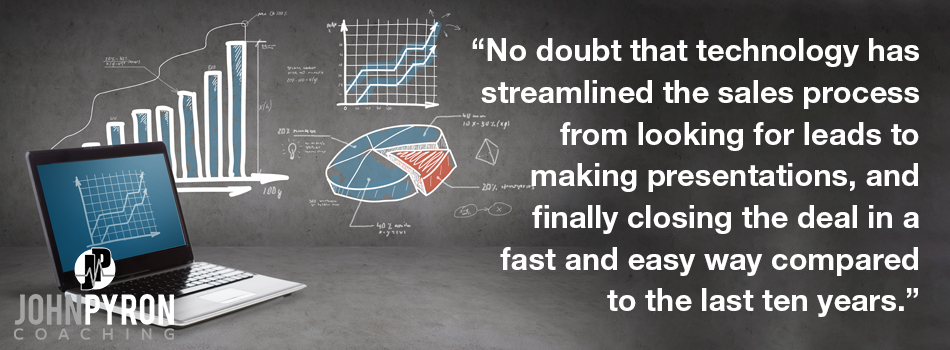They say that slow and steady wins the race. The story of the tortoise and the hare taught us that lesson. Many stand by this mentality and believe in taking things at a steady pace – building their way slowly until they reach their goals.
If you’re in sales, it’s safe to assume that you are highly motivated to keep moving up and forward. It is also possible that, in order to minimize risk and potential failure, you will often choose a safe, steady route. This cautious and tentative mentality can be quite common.
If this is the case for you, you might want to reevaluate your thinking. Today’s market does not often make room for slow and steady. With the constant changes that are happening all around us – in business, in technology, in politics – it’s important to maintain the tenacity of the tortoise, as well as adopt the speed and confidence from the hare! The combination of these traits can be the key to attaining your goals and achieving sales mastery.
Sales Mastery is a learning process
If you refuse to keep learning new things, insisting you know everything there is to know, you’ll never achieve full potential. The market is always changing – evolving in ways that make it impossible for you to succeed by standing still. This is a fact that requires a constant willingness to see things from every perspective, to understand and relate to other cultures, beliefs, and values, to alter business practices that you’ve grown accustomed to. As a salesperson, taking massive action toward colossal goals and achieving the success you desire, requires the ability to navigate all of these changes.
Here are the things you should know and learn to achieve sales mastery and hit those sales targets in a fast and upward pace.
1. The lessons never end
Sales mastery is a lesson that hasn’t reached its end. To speak the truth, it never will; because as the market changes, the art of selling changes. As a person working in sales, you likely already know how unpredictable the market is.
The first step to overcoming these challenges is embracing the fact that you’ll have to keep learning. Change your mindset by accepting that every day is a learning experience and that learning experience brings you that much closer to success.
Be open to new ideas and concepts. Start by finding joy in reading, searching for ways to improve your knowledge, and soaking in as much information as you can. Get comfortable taking risks and apply what you learn when the opportunity strikes.
If you confine yourself to what your superiors taught you, what you learned in college, or what a one-time orientation taught you, you will fall behind in your field and fall short on hitting your sales goals. Sales mastery is not about reaching a point where you’ve learned it all. It’s about identifying all learning opportunities and capitalizing on those lessons to develop your skills.
2. Always evaluate yourself
Too often, the automatic reaction to a problem is to look around and try to point fingers. Somewhere along the way, things will not turn out the way you planned them to. Your reaction to such instances affects your ability to rise against that particular problem and continue making great sales.
Individuals equipped with sales mastery can overcome these kinds of events and quickly climb their way back up. The secret lies in their ability to look for ways to improve their sales skills by performing a self-evaluation.
Never miss an opportunity to take a step back and evaluate where you stand as a person, salesperson, or a business owner. Self-assessment is something a lot of salespeople don’t often do. It doesn’t matter if you have a solid strategy at hand. You’ll have to be open to the idea that you might be part of the problem. It might not always be your fault; However, a self-evaluation will help you discover more opportunities for improvement and observe the matters that you can take care of.
The best salespeople know what areas they should continuously improve on through a regular self-evaluation of their performance. The following are some of the questions you can ask when evaluating yourself.
• What went right/wrong?
• Where did things go right/wrong?
• What did you do right/wrong?
• Could you have done things better?
• Will my strategy deliver more money for the business?
• Is my method working towards big sales targets and goals?
You can also create a simple process that you can use for your regular self-evaluation. The following are some factors you can consider.
1. Rate yourself.
2. Create a diary of your recent sales presentation – in detail
3. Write where things went right and wrong, and why – in detail
By identifying all of these and analyzing them in detail, you are able to focus on areas of improvement and greatly increase your skills so that you can achieve sales mastery and hit more sales targets than before.
3. Be on the lookout for opportunities
A good salesperson is never content with their current success, no matter how great things are going for them. If you’re working under the standards of the field or industry you’re in, you’ll have to practice a new perspective. Widen your horizon and you’ll see that there is a lot you can learn from everything and everyone.

You may be surprised to know that even the biggest companies learn from small startups. It doesn’t matter how big, small, or completely different the business is. What matters is how you are able to learn and expand your ability to see even the tiniest opportunities to make more sales.
If you’re not sure where to begin, you should keep an eye out for opportunities that:
will help you get leads
to address the need of your customers
can make your target understand the need for your product
may solve the issues you’re currently having
Once you’ve started seeing these opportunities, list them and manage them in a way that will allow you to address all of them one by one. Aim for the ones that will give your customers value in the long run. If you keep hopping on opportunities that deliver nothing but short-term growth, you are never going to hit long-term sales targets.
4. Stay updated with the latest technology
There’s no doubt that technology has streamlined the sales process for everybody. Getting the information you need and the message you want to send out has never been this fast and easy. From looking for leads to making presentations, and finally closing the deal, hitting sales targets today has drastically improved compared to the last ten years.
Although a lot of companies are embracing technology, it has been difficult for some to know how they can use it to their advantage. The competition between sales organizations has increased due to the ways one can gather data and analyze it to improve the overall sales process. With the large volumes of information out there, it can take months to go through every single one and identify a sales opportunity.

Sales mastery is all about knowing how you can leverage the technology available and streamline the way you gather leads, reach out to potential customers, and knowing how you can deliver value to them without spending long grueling hours looking at data. It doesn’t matter if you have the money to pay for all these tools if no one knows how to use them. Start small by trying one or two of the hundreds of free resources out there, and find out how much a simple tech aid can improve your sales.
5. Work With A Mentor or Coach
Mentoring is an integral part of successful sales mastery. While hitting sales targets require knowledge from experience, there are still a lot of young salespeople out there. Most are fresh out of college and still in the learning process. The rest are currently working without a clear set of goals and objectives. It’s understandable and recommended for new sales professionals to work under the supervision of a mentor or a coach.
Regardless of how many sales targets you hit during your career, sales mastery requires coaching and mentorship. This outside perspective will undoubtedly help salespeople improve in their jobs, identify and examine the challenges they are facing, and give them objective feedback and suggestions.

A salesperson without a mentor is preventing himself from gaining valuable knowledge that no one can learn from any written or published material. Without the presence of an experienced advisor, it’s easy to get lost and distracted, weighing the impact of their goals and objectives on their career and ability to make sales.
If you’re leading a sales team, getting a person dedicated to teaching and mentoring your team can be expensive. But you may have had experiences wherein you didn’t know how to address a problem. A mentor will provide valuable hands-on training that will establish a sales mastery within your team or organization – which would in turn, result in more sales targets being met.
Ready To Begin Your Way Towards Sales Mastery?
It’s easy to get overwhelmed with the idea of adopting the steps towards achieving sales mastery. But now that you’ve got an idea of what it is all about, it’s time to dive into them one by one and improve your results! Allow me to show you how much you can transform your mindset with sales coaching, workshops, webinars, and more. It’s time to reach those goals!



